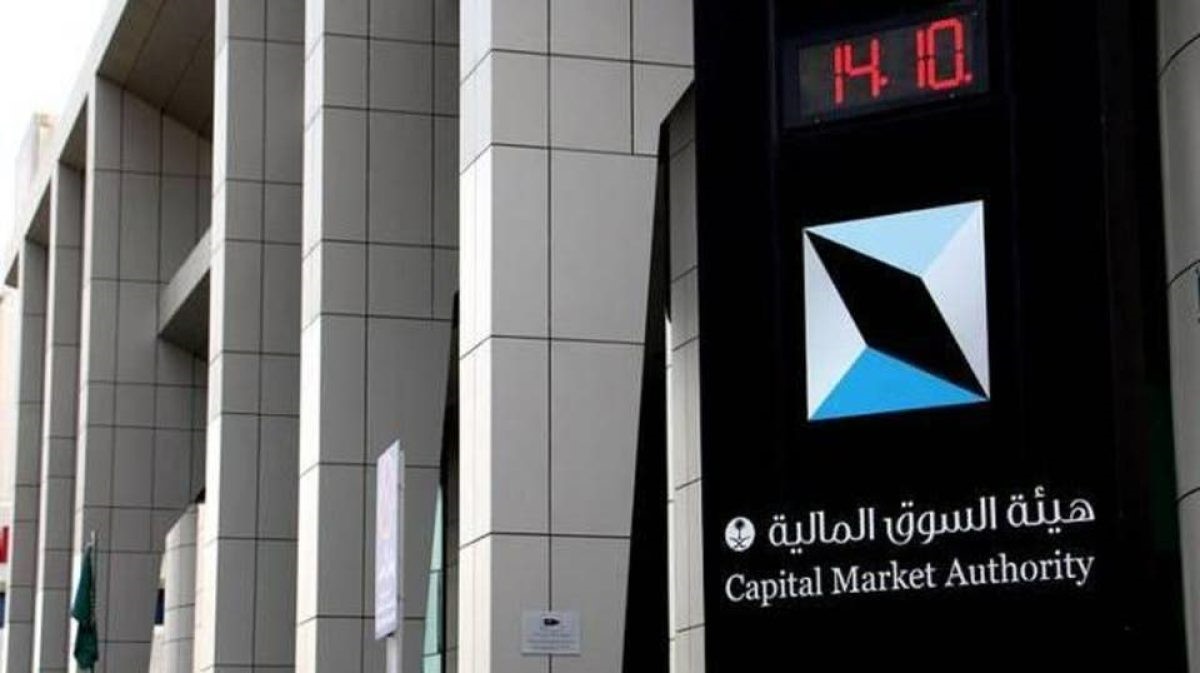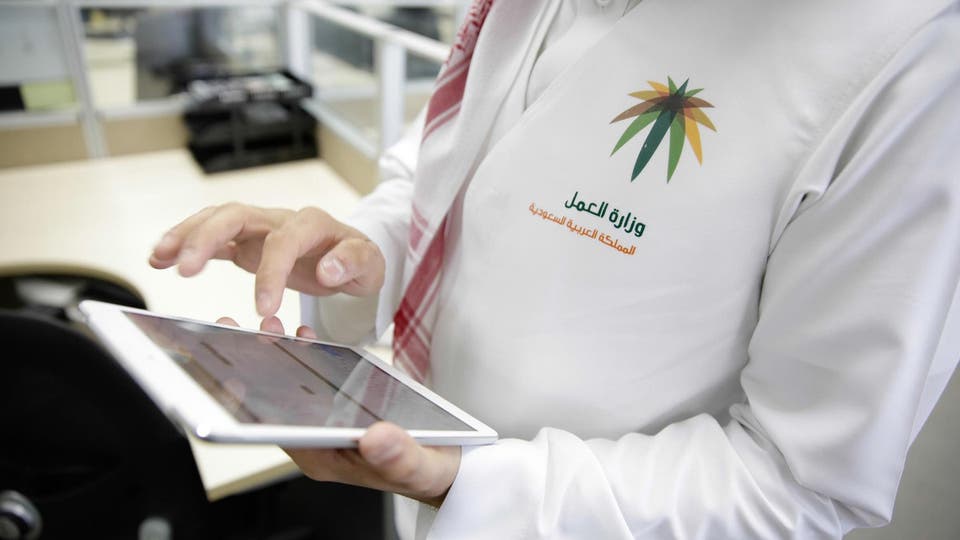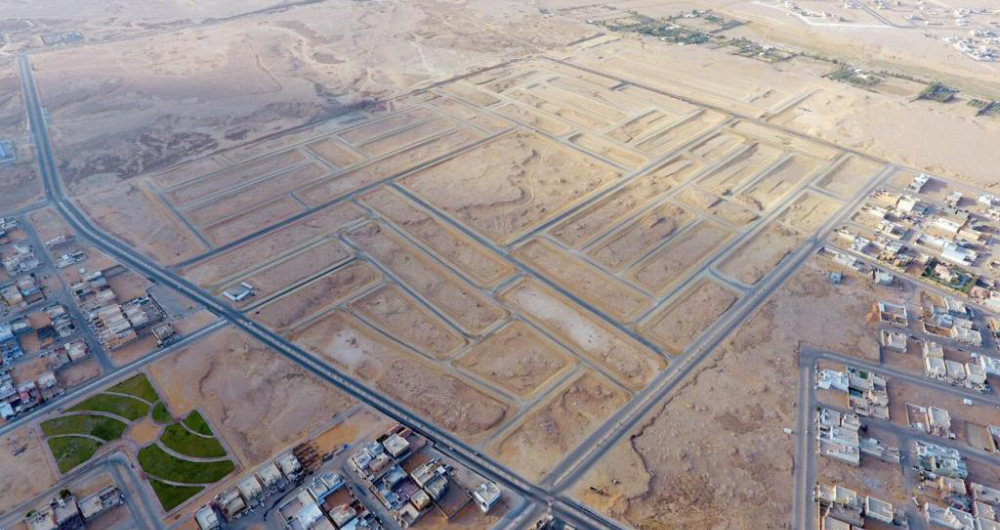The Capital Market Authority Announces the Approval of the Regulatory Framework for Equity Crowdfunding
CMA: Regulatory Framework for Equity Crowdfunding Approved #Saudi_Arabia
Knowledge Pioneers Law Firm - FinTech Practice Tweet
Overview
The Capital Market Authority (“CMA”) Board issued its resolution approving amendments of the following:
It is worth noting that these amendments shall be effective as of the date of their publication on September 27, 2022.
Who is involved in these amendments?
These amendments are applicable to:
- Capital Market Institutions
- Companies that hold Financial Technology Experimental Permit
Main Differences
The amendments include regulating share offerings through capital market institutions that are authorized to carry out arranging activities in the course of carrying out securities crowdfunding.
Also, the amendments comprised setting the requirements for custody of clients’ money received by capital market institutions that are authorized to carry out arranging activities in the course of carrying out securities crowdfunding, and opening and operating investment accounts.
This comes after the CMA has published the draft Regulatory Framework for Equity Crowdfunding and the Unified Electronic Platform for Consulting the Public and Government Entities (Public Consultation Platform), affiliated with the National Competitiveness Center, for public consultation for a period of (45) calendar days.
What's New About CMA FinTech Lab?
In order to understand and assess the impact of new technologies in the KSA’s capital market, as well as to help transform the Saudi market into an intelligent financial center, CMA has designed the FinTech Lab which welcomes local as well as international firms wishing to test new digital solutions in a ‘live’ environment with a view to deploying them in the KSA in the future.
The updated framework will also support the objectives of the FinTech strategy by making the Kingdom one of the world’s leading countries in the field, and it will contribute to the economic empowerment of the Saudi society and its citizens by promoting further innovations in technology-based capital market.
Conclusions
It is expected that the amendments shall reflect on enabling the Capital Market Institutions that are authorized to carry out arranging activities to offer of securities via Equity Crowdfunding platforms, as well as the custody of the clients’ money in the course of carrying out securities crowdfunding.
Feel free to share your thoughts and inquiries with us on this update or the capital market via email or a meeting.




















Recent Comments